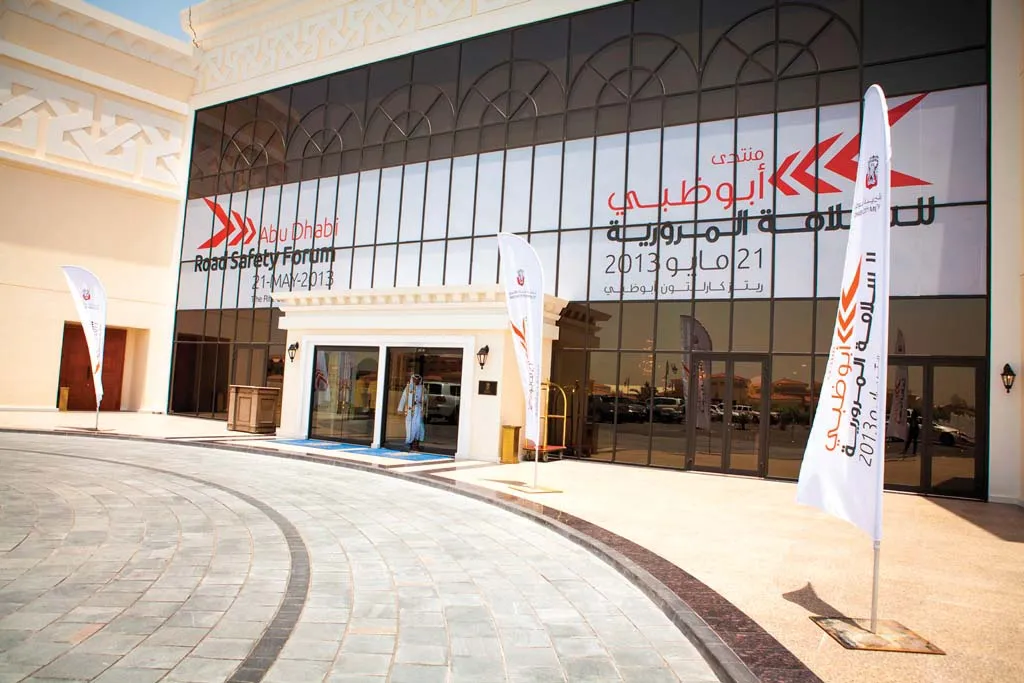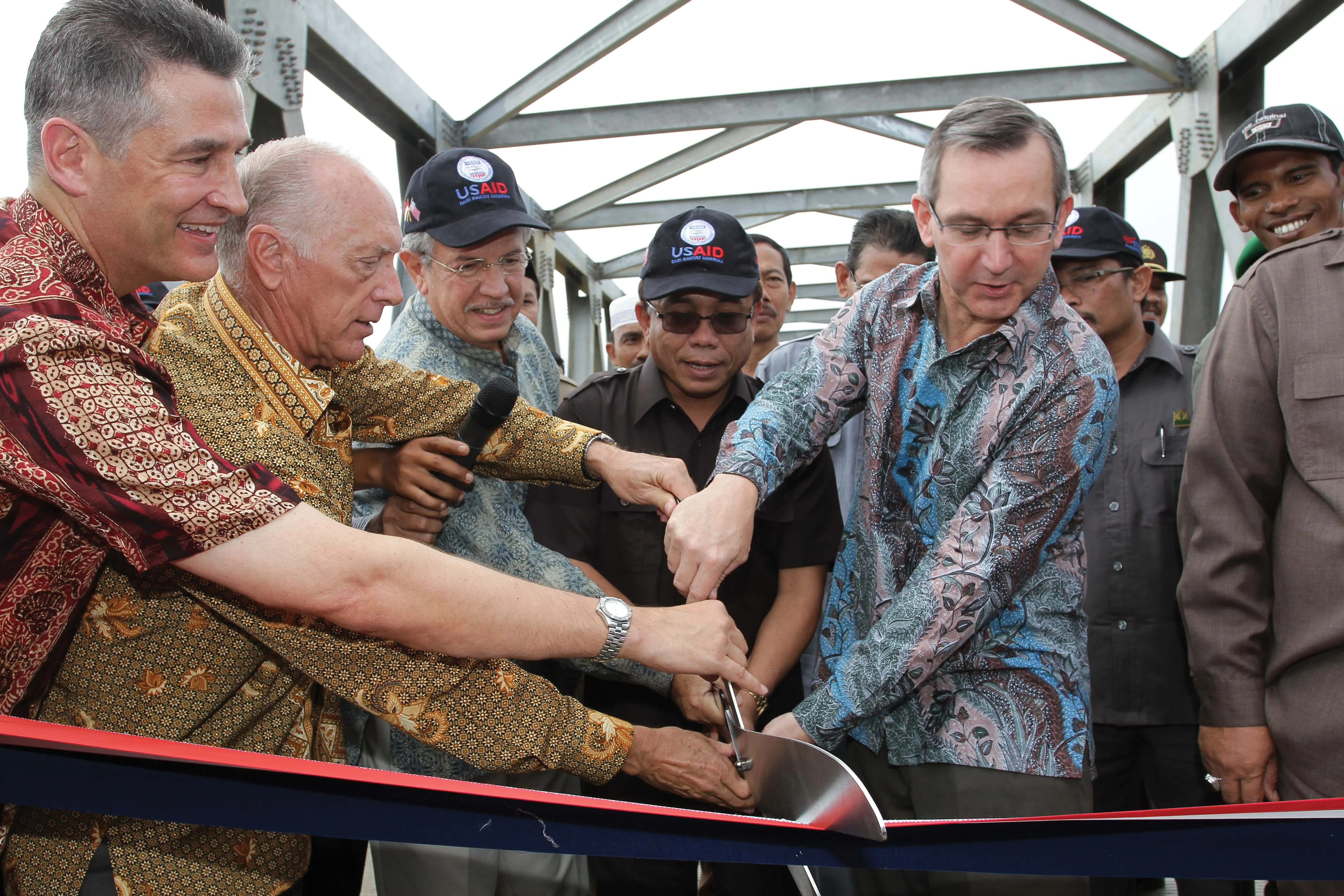Applications for this year’s International Road Federation (IRF) Global Road Achievement Awards (GRAA) had to be in by Monday 30 June 2014.
GRAA is a one-of-a-kind competition to recognise innovative road projects and exemplary people that place the road industry at the forefront of worldwide social and economic development.
The IRF views the awards as an important way to promote road innovation around the world and will make substantial efforts to see that the awarded achievements receive maximum wor
June 23, 2014
Read time: 2 mins
Applications for this year’s 713 International Road Federation (IRF) Global Road Achievement Awards (GRAA) had to be in by Monday 30 June 2014.
GRAA is a one-of-a-kind competition to recognise innovative road projects and exemplary people that place the road industry at the forefront of worldwide social and economic development.
The IRF views the awards as an important way to promote road innovation around the world and will make substantial efforts to see that the awarded achievements receive maximum worldwide publicity, including a presentation of a crystal trophy at the IRF Annual Awards Luncheon, recognition online and in3260 World Highways magazine, and a project summary in the IRF GRAA Book of Winning Projects.
Entries should refer explicitly to one or more of the eleven award categories: Design; Excellence in Project Finance & Economics; Technology, Equipment & Manufacturing; Environmental Mitigation; Construction Methodology; Program Management; Research; Quality Management; Safety; Maintenance Management; and Traffic Management & ITS.
Applications can be made %$Linker:2 External <?xml version="1.0" encoding="utf-16"?><dictionary /> 0 0 0 oLinkExternal here Visit: www.irfnews.org/graa/ false http://www.irfnews.org/graa/ false false %>
GRAA is a one-of-a-kind competition to recognise innovative road projects and exemplary people that place the road industry at the forefront of worldwide social and economic development.
The IRF views the awards as an important way to promote road innovation around the world and will make substantial efforts to see that the awarded achievements receive maximum worldwide publicity, including a presentation of a crystal trophy at the IRF Annual Awards Luncheon, recognition online and in
Entries should refer explicitly to one or more of the eleven award categories: Design; Excellence in Project Finance & Economics; Technology, Equipment & Manufacturing; Environmental Mitigation; Construction Methodology; Program Management; Research; Quality Management; Safety; Maintenance Management; and Traffic Management & ITS.
Applications can be made %$Linker:








